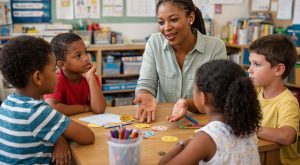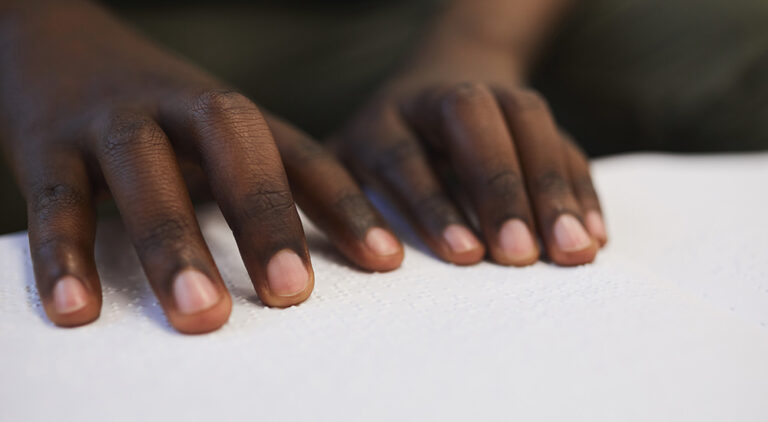Say ‘NO’ with conviction
Peer pressure is a natural part of growing up. It’s important to equip children with confidence, decision-making skills, and strong values to help them through this period of their lives, successfully. By encouraging open communication, critical thinking, and positive friendships, you can help empower your children to make choices that align with their personal beliefs and values – and to say ‘NO’ with conviction. Teaching children to handle peer pressure is about preparing them to stand strong in the face of challenges – not protecting them from conflict.
 As children grow up, they seek acceptance from their peers, often making decisions based on what their friends think or do. Peer influence can be positive when it encourages good behaviour, teamwork, and goal setting. It, however, can also lead to harmful choices, such as engaging in risky behaviour or giving in on personal values. Teaching children how to handle peer pressure is vital for their development into becoming confident and independent adults.
As children grow up, they seek acceptance from their peers, often making decisions based on what their friends think or do. Peer influence can be positive when it encourages good behaviour, teamwork, and goal setting. It, however, can also lead to harmful choices, such as engaging in risky behaviour or giving in on personal values. Teaching children how to handle peer pressure is vital for their development into becoming confident and independent adults.
Peer pressure, which is part of childhood and adolescence, can be direct or indirect. Direct peer pressure is when a child is explicitly encouraged or manipulated into certain behaviour, such as breaking rules. Indirect peer pressure is subtle and involves a child feeling the need to conform to fit in with a group. A child may feel pressured to wear certain clothes, act a certain way, or even avoid certain friendships. We suggest you teach children to recognise both forms of peer pressure. This empowers them to make informed choices instead of simply following the crowd.
A child with self-confidence is less likely to fall into the negative, peer-pressure trap. You can help by encouraging your children to express their opinions, make decisions, and stand by their choices. Praise your children for their unique qualities and strengths, highlighting that they do not need to seek approval from others to feel valued.
Teach your children to evaluate situations critically before making decisions by encouraging them to ask themselves:
- Is this something I really want to do, or am I doing it to please others?
- What are the potential consequences of this action?
- Would I feel proud telling my parents about this decision?
Independent thinking helps children learn to resist the urge to follow the crowd without considering the impact of their choices.
 Friendships with peers who share similar values and interests should be encouraged. And parents, remember you are the role models. By demonstrating how to maintain strong, respectful relationships helps children to be good friends – kind, supportive, and respectful.
Friendships with peers who share similar values and interests should be encouraged. And parents, remember you are the role models. By demonstrating how to maintain strong, respectful relationships helps children to be good friends – kind, supportive, and respectful.
Open communication and regular conversations about their social experiences, friendships, and challenges help children build trust and seek help when needed.










